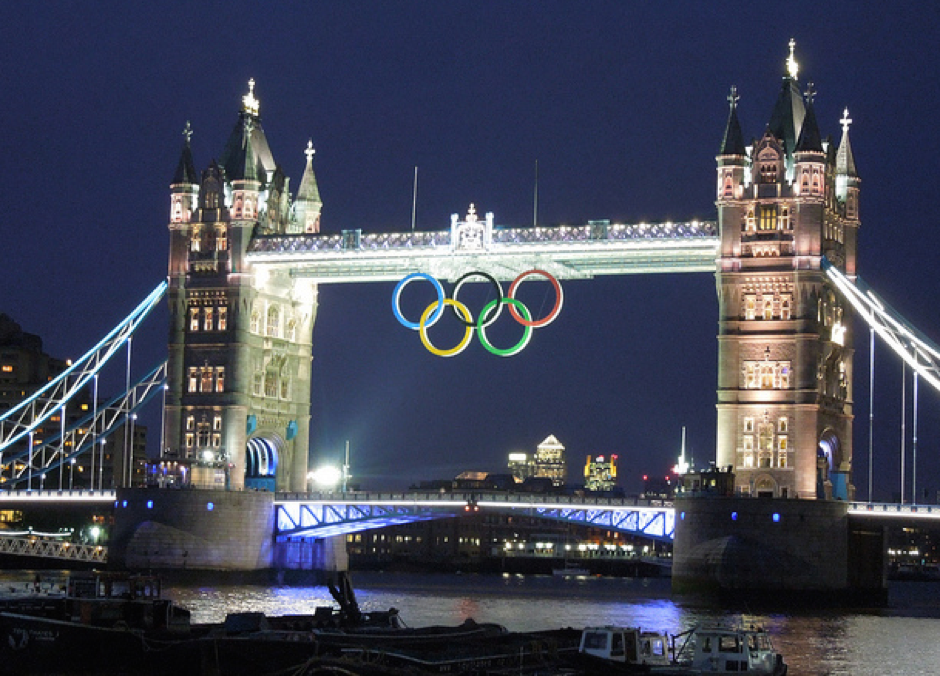- Posted on : November 5, 2017
- Posted by : Tom Fletcher
Steven Erlager has written a striking piece in the NYT today. It has been getting lots of Twitter traction: one of those moments when a well-informed (and in this case sympathetic) non-Brit holds up a mirror, and we all crane closer to see how we’re looking.
The answer, according to Steven, is not great. His sources say that Britain is "embracing an introverted irrelevance”, “undergoing a full-blown identity crisis”, “ill at ease with itself”. He concludes that the country has slumped into self-parody and a collective “nervous breakdown”.
There is much to take issue with here. I note that Erlanger’s sources are mainly Brussels-based EU diplomats or pro-EU think tanks – perhaps not a go-to constituency for positives in the current context. He also makes the usual critique of gunboat diplomacy without gunboats, but no other major economy is spending 2% on defence and 0.7% on aid. And you shouldn’t judge a nation’s power solely on the basis of how many people it has the weapons to kill.
But to simply harrumph at his conclusions like a Gilbert and Sullivan character tends to reinforce them. Instead we should ask ourselves frankly if we do indeed have an image problem to address at the moment.
Outside Europe, I think that this is less about Brexit itself than how we are collectively handling it. This is not a swipe at those actually in the arena of the negotiations – they have enough armchair critics already. I mean the media and public debate, the volume at the extremes. We’re allowing ourselves to be seen as afraid of the world, divided, rancorous, a circular firing squad in which everyone ends up being cast as a rabid racist or an enemy of the people.
As a result, as Steven says, the wider British reputation for good sense, pragmatism and dignity is under threat. And, as I wrote the day after the referendum, an impression of drift and despair should worry Brexiteers and Remainers alike. Especially when the world is watching more closely than usual: we are no longer just a country that sets the international agenda, but one that is on it.
So what do we do? Steven quotes Charles Grant on the need for a national narrative. Spot on. I’ve written here about the story a nation needs to tell itself and the world. 2012 was indeed a time when we did that really well, led by Danny Boyle, Jess Ennis, Mo Farah and an army of citizen volunteers. We should not let go of that story, nor the sense of quiet national purpose and noisy international camaraderie that accompanied it.
So we need to remind ourselves of our offer to the world: a humanitarian and creative industries superpower; a key economic, military and political player; a trading nation renowned for innovation and quality; and the world’s capital.
We also have to shout louder from the rooftops that we are not about retreat. Some Brexit voters wanted that, but that was not a proportion that would have secured a majority for leave, or that could propel isolationist politicians towards genuine parliamentary power. Imagine the result of a referendum on the question of whether Britain should be open or closed to the world. Or look at the cross party response to Trumpery. We need to do a much better job at tackling the parts of our media and public life that feel the referendum gave them license to be racist and sexist again (both in some cases). Openness and diversity are British values, and we need to reclaim them.
Finally, we can remind ourselves and the world that Britain has always prized liberty. We helped to write the book on the freedom to trade, move, speak, write, think. Power is moving – fast - towards individual citizens, and that is a great thing. But we haven’t yet reshaped our national and global architecture to reflect that reality, and to ensure that technology unleashes our best instincts and values, and not our worst. We need to revisit how to engage the public in decisions – taking on growing cynicism and disengagement from politics. The internet can strengthen our creativity and community, not undermine it.
The defining moment for the UK’s place in the 21st century remains not the referendum itself, but whether we can respond to it with greater purpose, endeavour and vision.
Steven has issued a timely reminder of the dangers of forgetting who we are. I think he would be as delighted as any of us if we proved him wrong.
0 Comments

